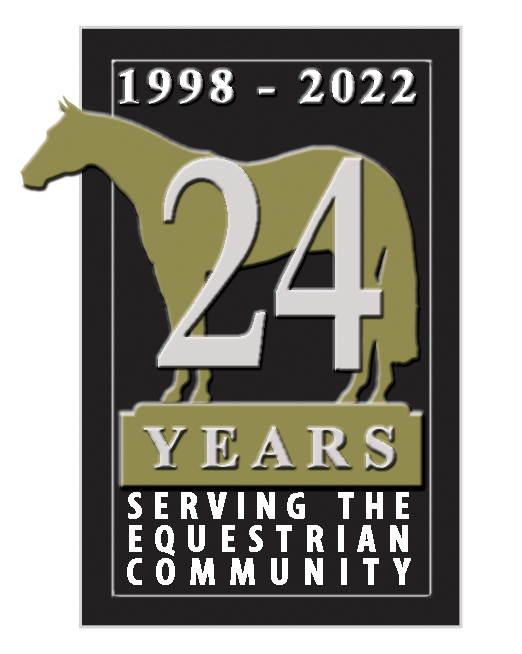USRider Urges Motorists to Move Over for Safety
September 3, 2009USRider Urges Motorists to Move Over for Safety
Lexington, Ky. (Sept. 2, 2009) – Being struck by a vehicle during a roadside incident is a significant cause of death and injury to law enforcement officers and other first responders. More than 150 U.S. law enforcement officers have been killed after being struck by motor vehicles along America’s highways, according to the National Law Enforcement Officers Memorial Fund. In addition, countless highway workers and tow truck operators have lost their lives in similar accidents.
USRider, the national provider of roadside emergency assistance for equestrians, urges motorists to move over when there is an emergency vehicle on the side of the highway. In fact, the majority of states have adopted laws mandating that drivers move over, or at least slow down, when approaching a stationary emergency or maintenance vehicle with flashing lights.
To help reduce the number of highway deaths, 43 states have enacted “Move Over” legislation – laws that require motorists to slow down and change lanes to give safe clearance to emergency vehicles. Most of these state laws also include moving over for tow truck operators and highway workers on the side of the road.
The “move over” laws are meant to help protect police, firefighters, paramedics, tow truck drivers, and all roadside emergency and maintenance workers. Violating a state’s “move over” law can be expensive as well as dangerous as failure to comply could result in a fine.
“As a motor plan, we depend on these professionals to service our Members and their Horses, so we fully support these initiatives,” said Mark Cole, managing member for USRider. “These service providers do tough work in an extremely challenging environment.”
USRider routinely reminds its Members, as well as other horse owners, in the event of an emergency stop on the side of the highway, to pull as far off the highway as possible for their safety as well as the safety of the service providers. Additionally, USRider advises drivers that if they are on a limited access highway, go to the next exit if possible for an emergency stop.
“We have seen many cases where one of our Members may have traveled for miles with a blown tire. Then when they realize the tire is flat, they stop immediately – sometimes in a very dangerous place,” added Cole. “When that occurs, it’s best to slow down and proceed at a slower speed to a safe pull-off place.”
In some cases, service providers have refused to service Members if they are stopped in a dangerous place. The service providers stipulate that the drivers move to a safer location, when possible.
USRider provides roadside assistance and towing services along with other travel-related benefits to its members through the Equestrian Motor Plan. It includes standard features such as flat-tire repair, battery assistance and lockout services, plus towing up to 100 miles and roadside repairs for tow vehicles and trailers with horses, emergency stabling, veterinary referrals and more. For more information about the USRider Equestrian Motor Plan, visit www.usrider.org online or call (800) 844-1409.
For additional safety tips, visit the Equine Travel Safety Area on the USRider website at www.usrider.org.

